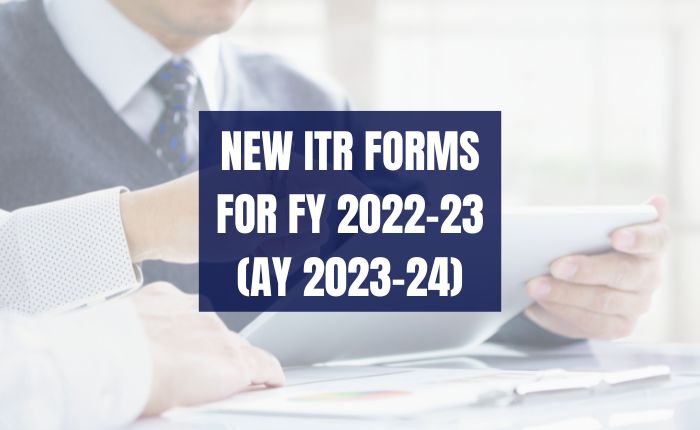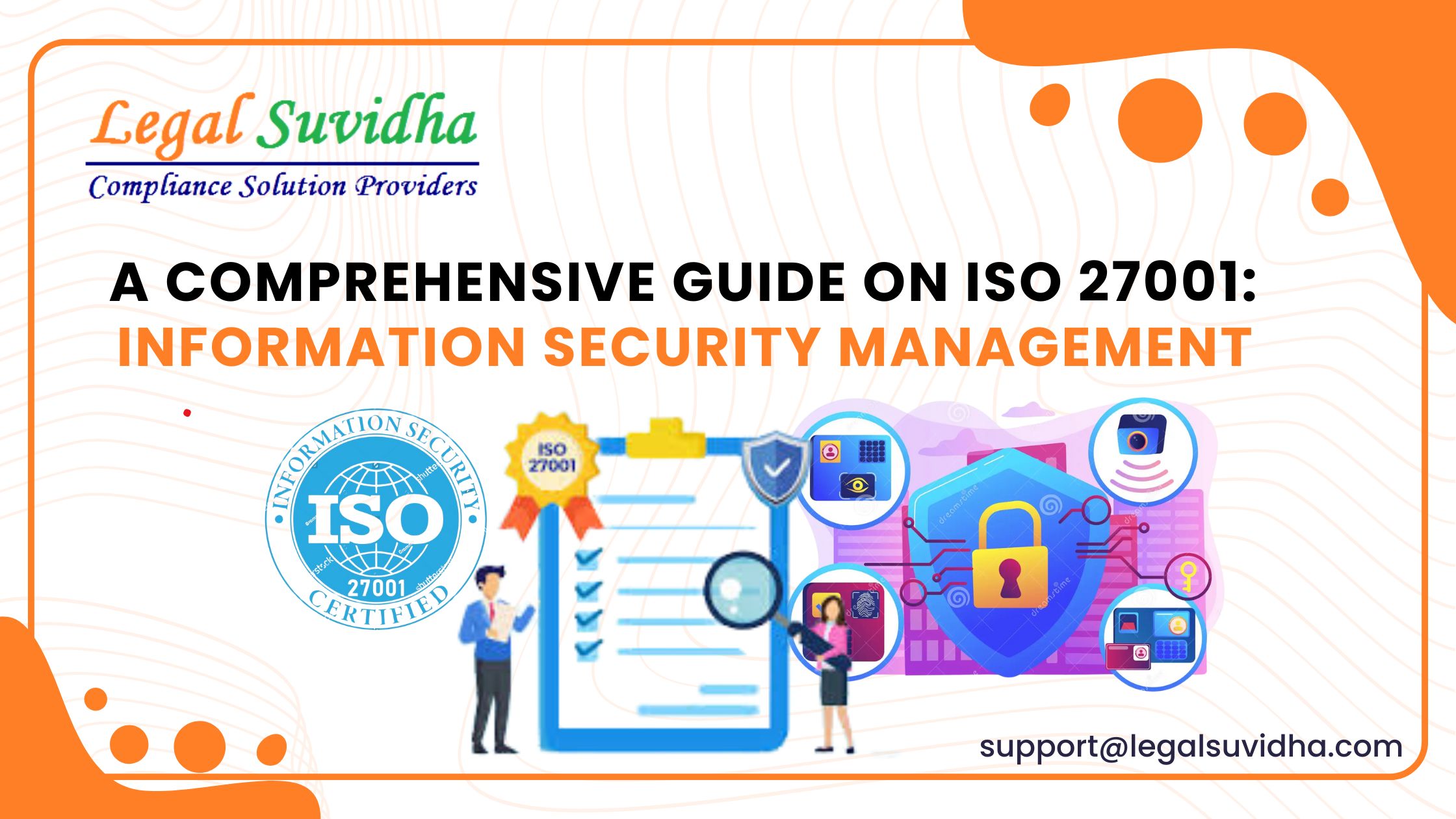Who may not utilise the ITR-1 Form
- Total income exceeding Rs. 50 lakh
- Agricultural income exceeding Rs. 5000
- Taxable capital gains
- Income from business or profession
- Income from more than one house property
- Director in a company
- Investments in unlisted equity shares at any time during the financial year
- Ownership of assets (including financial interest in any entity) outside India, including signing authority in any account located outside India
- Resident not ordinarily resident (RNOR) and non-resident
- Foreign income
- Assessable in respect of income of another person in respect of which tax is deducted in the hands of the other person
- Tax deducted under Section 194N
- Payment or deduction of tax deferred on ESOP
- Brought forward loss or loss needs to be carried forward under any income head.
ITR-2 Form: Who Should Use It?
Hindu Undivided Families (HUFs) or individuals may utilise the ITR-2 tax return form if their total income for the AY 2023–24 includes any of the following:
- Income from Salary/Pension
- Income from House Property
- Income from Other Sources (including Winnings from Lottery and Income from Race Horses)
- Being a Director in a company (for individuals)
- Investments in unlisted equity shares at any time during the financial year
- Being a resident not ordinarily resident (RNOR) and non-resident
- Income from Capital Gains
- Foreign income
- Agricultural income more than Rs. 5,000
- Owning assets (including financial interest in any entity) outside India, including signing authority in any account located outside India
- Tax deducted under Section 194N
- Payment or deduction of tax deferred on ESOP
- Brought forward loss or loss needs to be carried forward under any income head.
This form can also be used if the assessee’s income is to be combined with the income of another person, such as a spouse or child, and if that additional income falls under one of the categories mentioned above. The overall income may exceed Rs. 50 lakhs.
Who needs to submit ITR-3 Form?
- ITR-3 Form is meant for individuals or Hindu Undivided Families (HUFs) who earn income from a proprietary business or profession.
- If you earn income from carrying on a business or profession, you should file ITR-3.
- If you are an individual director in a company, you are also eligible to file ITR-3.
- If you have invested in unlisted equity shares at any time during the financial year, you should file ITR-3.
- The ITR-3 return may also include income from House property, Salary/Pension, and Income from other sources.
- If you earn income as a partner in a firm, you should file ITR-3.
- If you are not eligible to file ITR-1, ITR-2, and ITR-4, you should file ITR-3.
5 significant changes that will be made to ITR-3 as of FY 2022–2023
- The Income Tax department has introduced a new schedule VDA to report income from cryptocurrencies and other virtual digital assets separately.
- All transactions related to VDAs, including purchase and sale dates, need to be reported in the schedule VDA.
- New questions have been added to the ITR forms to determine whether taxpayers have opted out of the New Tax Regime in previous years.
- Foreign institutional investors, such as FII/FPI, must disclose their SEBI registration number as an additional measure.
- Advances received from individuals specified in Section 40A(2)(b) of the Income Tax Act and others must be reported under the ‘Advances’ heading in Source of Funds.
- The newly introduced section ‘Trading Account’ requires taxpayers to report turnover and income from intraday trading.
ITR-4 Form: Who Should Use It?
- The ITR-4 form is for individuals, HUFs, and partnership firms (excluding LLPs) who are residents and have income from specific sources.
- ITR-4 covers income from business under the presumptive income scheme (section 44AD or 44AE) and professional income under the presumptive income scheme (section 44ADA).
- Income from salary or pension up to Rs 50 lakh, income from one house property up to Rs 50 lakh (excluding loss to be carried forward), and income from other sources up to Rs 50 lakh (excluding lottery and race-horses) are also covered by ITR-4.
- Freelancers whose gross receipts do not exceed Rs 50 lakhs can also opt for the presumptive scheme.
- Under a presumptive income scheme, the income is calculated based on a minimum rate calculated as a percentage of gross receipts or gross turnover or based on ownership of commercial vehicles.
- Taxpayers whose business turnover exceeds Rs 2 crore will have to file ITR-3 instead of ITR-4.
Who cannot utilise the ITR-4 Form?
- Individuals are required to file ITR if their total income exceeds Rs 50 lakh.
- If an individual has income from more than one house property, they are required to file Return.
- If an individual owns any foreign asset or has signing authority in any account located outside India, they are required to file Income Tax Return.
- Individuals who have income from any source outside India are required to file Tax Return.
- Directors in a company are required to file Tax Return.
- If an individual has invested in unlisted equity shares at any time during the financial year, they are required to file Income Tax Return.
- Resident not ordinarily resident (RNOR) and non-resident individuals are required to file Return.
- Individuals who have foreign income are required to file Return.
- Individuals assessable in respect of the income of another person in respect of which tax is deducted in the hands of the other person are required to file Income Tax Return.
- If payment or deduction of tax has been deferred on ESOP, individuals are required to file Income Tax Return.
- Individuals who have any brought forward loss or loss needs to be carried forward under any income head are required to file Tax Return.
ITR-4 Budget 2023 Update
| Category |
Previous limits |
Revised Limits |
| Sec 44AD for small businesses |
Rs. 2 crores |
Rs. 3 crores |
| Sec 44ADA for professionals |
Rs. 50 lakhs |
Rs. 75 lakhs |
ITR-5 Form
The ITR-5 form is designed for filing income tax returns for entities such as firms, Limited Liability Partnerships (LLPs), Association of Persons (AOPs), Body of Individuals (BOIs), Artificial Juridical Person (AJP), estates of deceased or insolvent persons, business trusts, and investment funds. However, individuals who are required to file their income tax returns under section 139(4A) or 139(4B) or 139(4C) or 139(4D) are not permitted to use this form.
ITR-6 Form
Companies that do not seek exemption under section 11 of the Income Tax Act, which pertains to income from property held for charitable or religious purposes, must file their tax returns electronically. In other words, such companies are not permitted to file their returns on paper.








